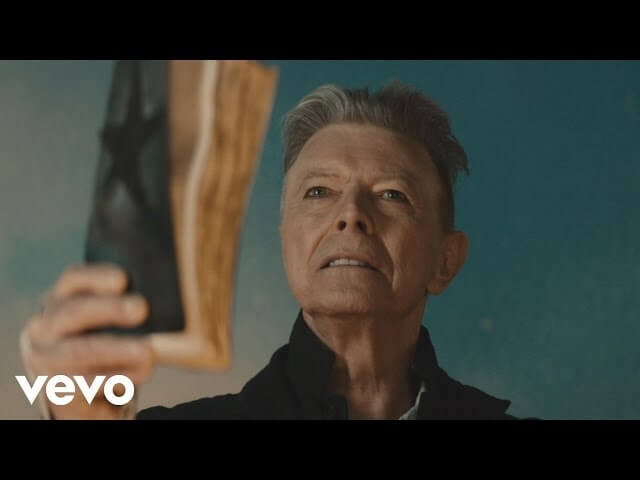Apparently, David Bowie screwed with fans on his own message boards

Today is the one-year anniversary of David Bowie’s death, and it is worth noting, one trip through space later, how much that death still resonates. The global period of mourning that followed was not the performative grieving of many celebrity deaths but rather an ongoing shock, thanks in no small part to the lingering power of his stunning final missive, Blackstar, in which the artist speaks eloquently about his life and impending death. But that death was also turned into a sort of meme, as if the liver cancer that gradually, quietly killed him were also a celestial harbinger for the many celebrity deaths that would follow last year.
Accordingly, today the internet is awash with tributes. Two in particular speak about his online afterlife with the sort of prescience so often attributed to him. One is a tweet commemorating Bowie’s habit of lurking on his own official message boards (this was the mid-’00s, and message boards were legion), where he’d occasionally post as “Sailor.” In the image, Bowie playfully trolls a fan with a weirdly solipsistic viewpoint of his artwork.
If this seems weird—that a Starman would be hanging around reading fans comment online rather than, like, communing with the infinite—Gizmodo has also unearthed a 1999 interview in which Bowie discusses with shocking passion and clairvoyance the future of the internet itself. In it, he says that if he were 19 today, he would not be a musician—he’d be online, “a fan in the collective” drawn toward “the subversive and possibly rebellious and chaotic and nihilistic” people gathered there.
Bowie goes on, prognosticating on the increasing segmentation in musical genres and the re-balancing of the scales of power in culture toward fans and users. The interviewer, kindly dolt Jeremy Paxman, totally does not get it, and Bowie, rather than getting frustrated, gets more eloquent. Gizmodo transcribes:
“But what is it specifically about the internet?” Paxman asks. “Anybody can say anything, and it all adds up to what? It seems to me there’s nothing cohesive about it in the way that there was something cohesive about the Youth Revolution in music.”
“Oh, but absolutely,” Bowie says. “And I think it’s because at the time, up until at least the mid-’70s, we really felt that we were still living under the guise of a single, absolute, created society—where there were known truths and known lies and there was no kind of duplicity or pluralism about the things that we believed in.”
“That started to break down rapidly in the ’70s,” Bowie continues. “And the idea of a duality in the way that we live—there were always two, three, four, five sides to every question. That the singularity disappeared. And that I believe has produced such a medium as the internet, which absolutely establishes and shows us that we are living in total fragmentation.”
In the most electric moment of the interview, Bowie ribs the interviewer, delivering a readymade angle Paxman’s frankly not ready to grab:
“It’s just a tool though, isn’t it?” Paxman says, clearly still believing that Bowie is making something out of nothing.
“No, no, it’s an alien life form,” Bowie says with a laugh.
“What do you think then…” Paxman says.
“Is there life on Mars?” Bowie shoots back. “Yes, it’s just landed here.”
The juxtaposition between the interview and the message board post make for some good context, a year after Bowie’s death, and after one year of mourning him online. At the very least, he seems to have been amused by the mores of internet culture, and alive to its possibilities, good and bad.